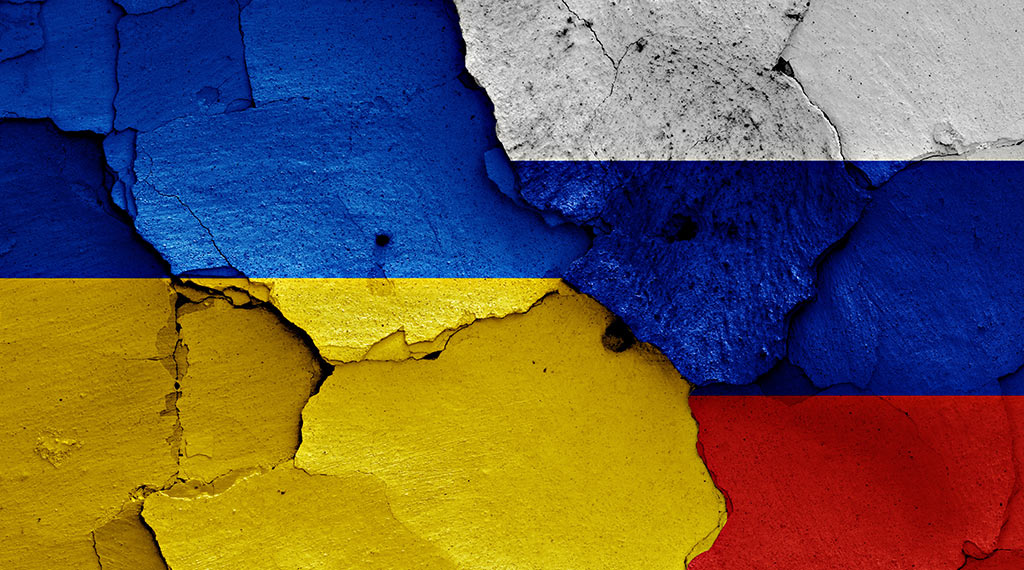
“Jaw, jaw, jaw is better than war, war, war,” intoned Winston Churchill; it rhymed when he said it. Unfortunately, the Biden administration appears to be jawing its way toward a war between Russia and Ukraine that could involve the United States. After weeks of unproductive talks between Russia and the U.S., and between Russia and NATO, the administration and its allies have chosen to ratchet up the threat.
In a meeting with Russian foreign minister Sergei Lavrov, Secretary of State Antony Blinken warned of “massive consequences” should Russia invade Ukraine. British prime minister Boris Johnson has warned that a “lightning war” in Ukraine could not be ruled out, and that such a war would be “painful, violent and bloody.” Over the weekend, the families of American embassy personnel in Kyiv were ordered to leave the country.
In that context, a Pentagon memo—parts of which appeared in the press—describing an option to send 5,000 troops to Eastern Europe with the possibility of increasing the number tenfold if the Russians invade seems like a match on kindling. It is, admittedly, the job of the Pentagon to ensure that the president—the commander in chief—has military options at his disposal for contingencies before those contingencies become dire events. And for the Biden administration, now trying to recover its mojo after a bloody Afghanistan debacle, threats have a certain appeal.
Unfortunately, it is the sort of appeal that led Emperor Franz Joseph to declare war on Serbia in 1914. The Austrian declaration forced the Russians to mobilize and triggered military commitments among Russia’s allies, including France and England. That opened the door for Kaiser Wilhelm to attack France and Belgium, really aiming to knock out Britain. The result? Failure and 40 million casualties. A whole generation of young men lost. Millions of civilians killed, many in outrageous atrocities.
The current situation is unlikely to produce a reprise of World War I. However, we don’t know what the Russian generals want or what they have told President Vladimir Putin. We do know what NATO leaders are saying, and a lot of it is nonsense. NATO is in no position to fight Russia, even with the full weight of the United States, and has no capacity to stop a number of its eastern European members from being overrun.
- Trump and Ukraine: what Russia wants, what Trump could do - November 8, 2024
- North Korean troops in Kursk could backfire on Moscow, Pyongyang - November 1, 2024
- Secure enclaves: bad CHIPS Act idea wasting billions - August 12, 2024
